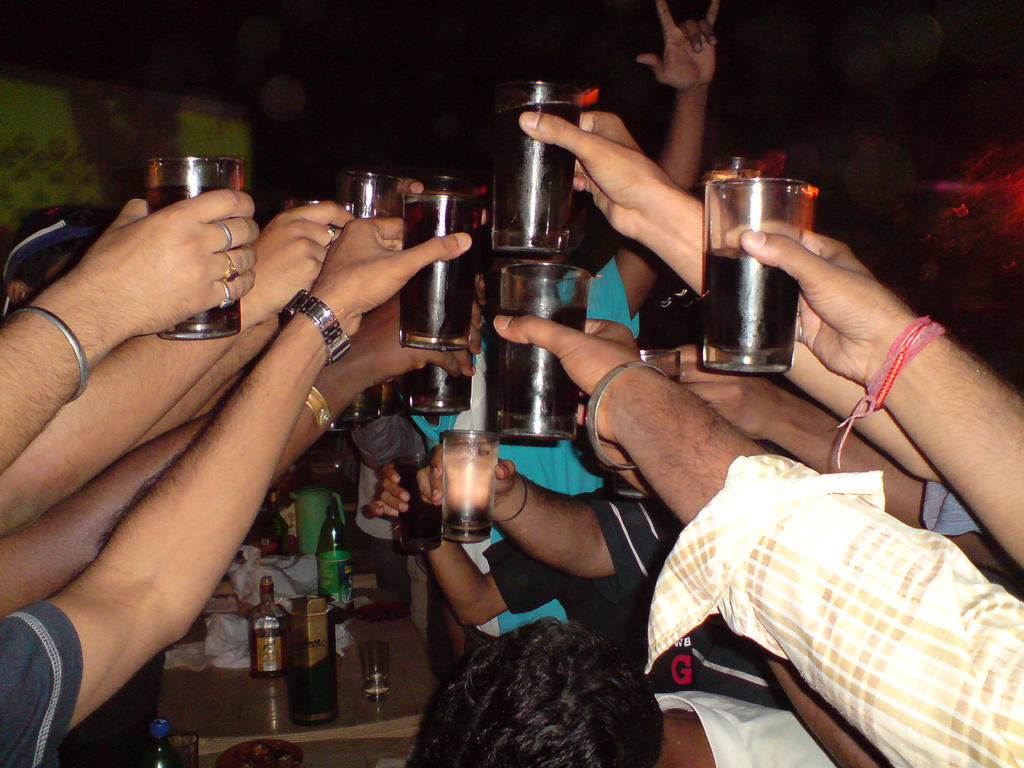
There has been at least one death from hazing in the United States every year since 1961. The deaths, such as that of Andrew Coffey, are very often a result of binge drinking. Andrew’s death came after he was told to drink a pint of 101-proof bourbon as part of “the family bottle” ritual at the Pi Kappa Phi fraternity at Florida State University.
Andrew’s parents are joining with the parents of other hazing victims to stop these deaths in the future. They formed a group called, Parents United to Stop Hazing (PUSH). The group’s mission is to prompt Federal legislation that will pressure national organizations and universities to make systemic changes. The families strongly believe that pressure at the Federal level will convince universities and fraternal organizations to implement the types of rules, punishments, and penalties necessary to reduce, and eventually eliminate, hazing-related deaths.
“A federal statute has to be written that goes from the top, you know, where the national fraternity is at risk, as well as the local chapter,” said Tom Coffey, Andrew’s father, in an interview with CBS News.
The implementation of new federal statutes can financially leverage pressure on institutions and campuses that house fraternities and other Greek organizations. Many universities, both public and private, rely on their students accessing federal student loans to pay for their educations. Restricting access to financial aid provides a massive incentive for educational institutions to strictly adhere and comply with federal hazing statutes and take steps to eliminate hazing practices.
However, federal legislation is not the only goal of the PUSH agenda. “Hazing is the byproduct of peer pressure, and peer pressure gets really good young people to do things that they would otherwise never do,” said the attorney representing the Coffey family. Tom Coffey believes that PUSH can help address the peer pressure issue with “education [of] high school students.” Thoroughly discussing this issue prior to college may provide a foundation for young people to recognize the impact and negative consequences of hazing and peer pressure.
PUSH hopes that their work to promote federal legislation against hazing practices will prevent future families from experiencing the same type of loss. “If people in the past had gotten together, maybe my son would still be here, if hazing wasn’t a problem,” said Tom Coffey. “So therefore, we have to yell as loud as we can in order to get this stopped.” The families of PUSH hope that they have the loudest voices in the room, and so that the Federal government, along with high school students, will listen.